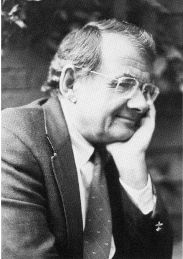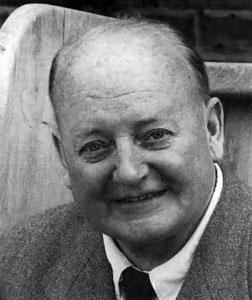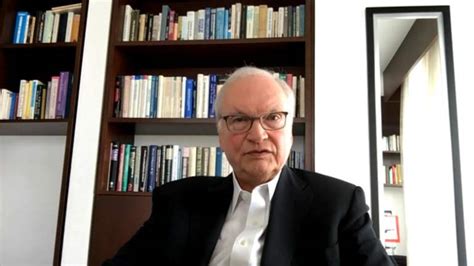A Quote by Frederick Salomon Perls
Learning is to discover that something is possible. We are using most of our energies for self-destructiv e games, self-preventing games. We prevent ourselves from growing the very moment something unpleasant, something painful comes up. At that moment we become phobic, we run away, we desensitize ourselves. Neurotic suffering is suffering in imagination, suffering in fantasy.
Related Quotes
The basis of the self is not thought but suffering, which is the most fundamental of all feelings. While it suffers, not even a cat can doubt its unique and uninterchangeable self. In intense suffering the world disappears and each of us is alone with his self. Suffering is the university of ego-centrism.
The essence of love and compassion is understanding, the ability to recognize the physical, material, and psychological suffering of others, to put ourselves "inside the skin" of the other. We "go inside" their body, feelings, and mental formations, and witness for ourselves their suffering. Shallow observation as an outsider is not enough to see their suffering. We must become one with the subject of our observation. When we are in contact with another's suffering, a feeling of compassion is born in us. Compassion means, literally, "to suffer with."
As we lose our vagueness about ourself, our values, our life situation, we become available to the moment. It is there, in the particular, that we contact the creative self. Art lies in the moment of encounter: we meet our truth and we meet ourselves; we meet ourselves and we meet our self-expression .
We must become so alone, so utterly alone, that we withdraw into our innermost self. It is a way of bitter suffering. But then our solitude is overcome, we are no longer alone, for we find that our innermost self is the spirit, that it is God, the indivisible. And suddenly we find ourselves in the midst of the world, yet undisturbed by its multiplicity, for our innermost soul we know ourselves to be one with all being.
The world is full of suffering. Birth is suffering, decre- pitude is suffering, sickness and death are sufferings. To face a man of hatred is suffering, to be separated from a beloved one is suffering, to be vainly struggling to satisfy one's needs is suffering. In fact, life that is not free from desire and passion is always involved with suffering.
Being human, we would expel from our lives physical pain and mental anguish and assure ourselves of continual ease and comfort, but if we were to close the doors upon sorrow and distress, we might be excluding our greatest friends and benefactors. Suffering can make saints of people as they learn patience, long-suffering, and self-mastery.
If you want to understand suffering you must look into the situation at hand. The teachings say that wherever a problem arises it must be settled right there. Where suffering lies is right where non-suffering will arise, it ceases at the place where it arises. If suffering arises you must contemplate right there, you don't have to run away. You should settle the issue right there. One who runs away from suffering out of fear is the most foolish person of all. He will simply increases his stupidity endlessly.































